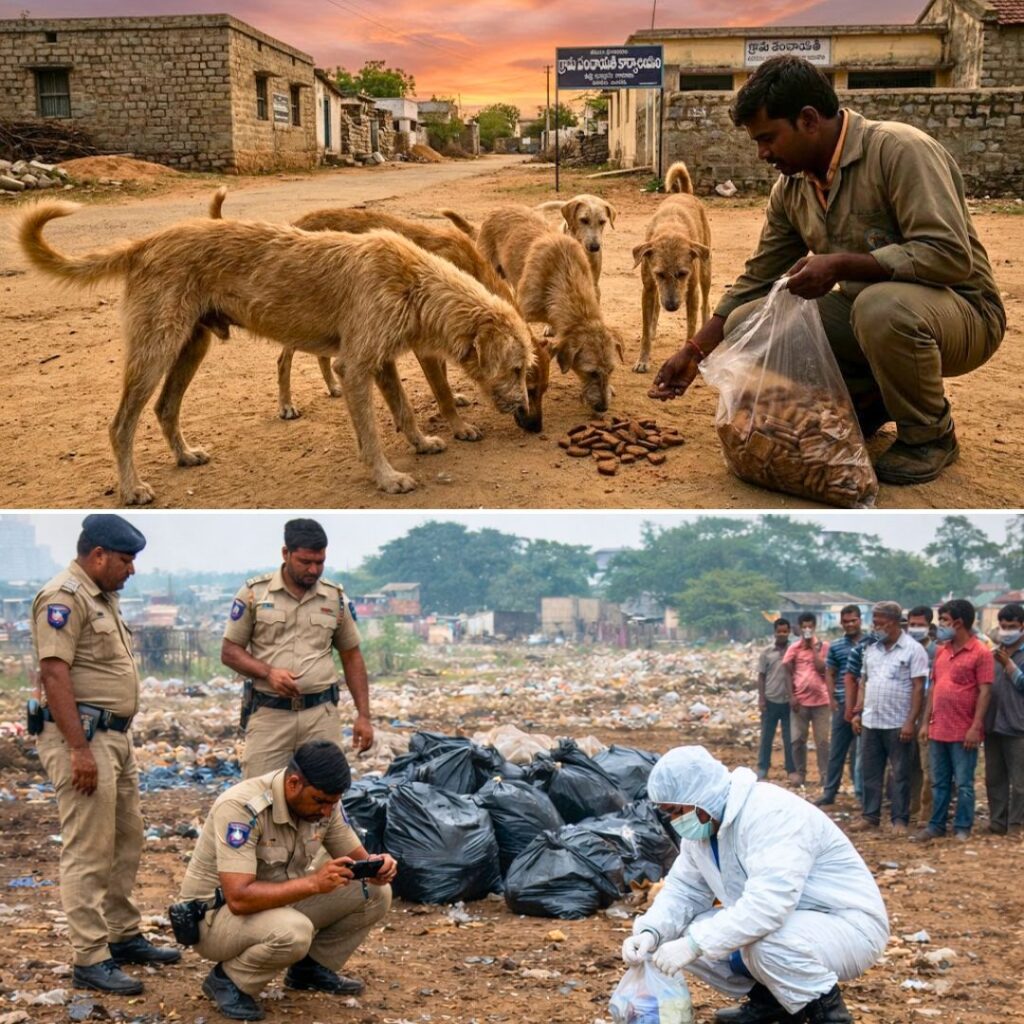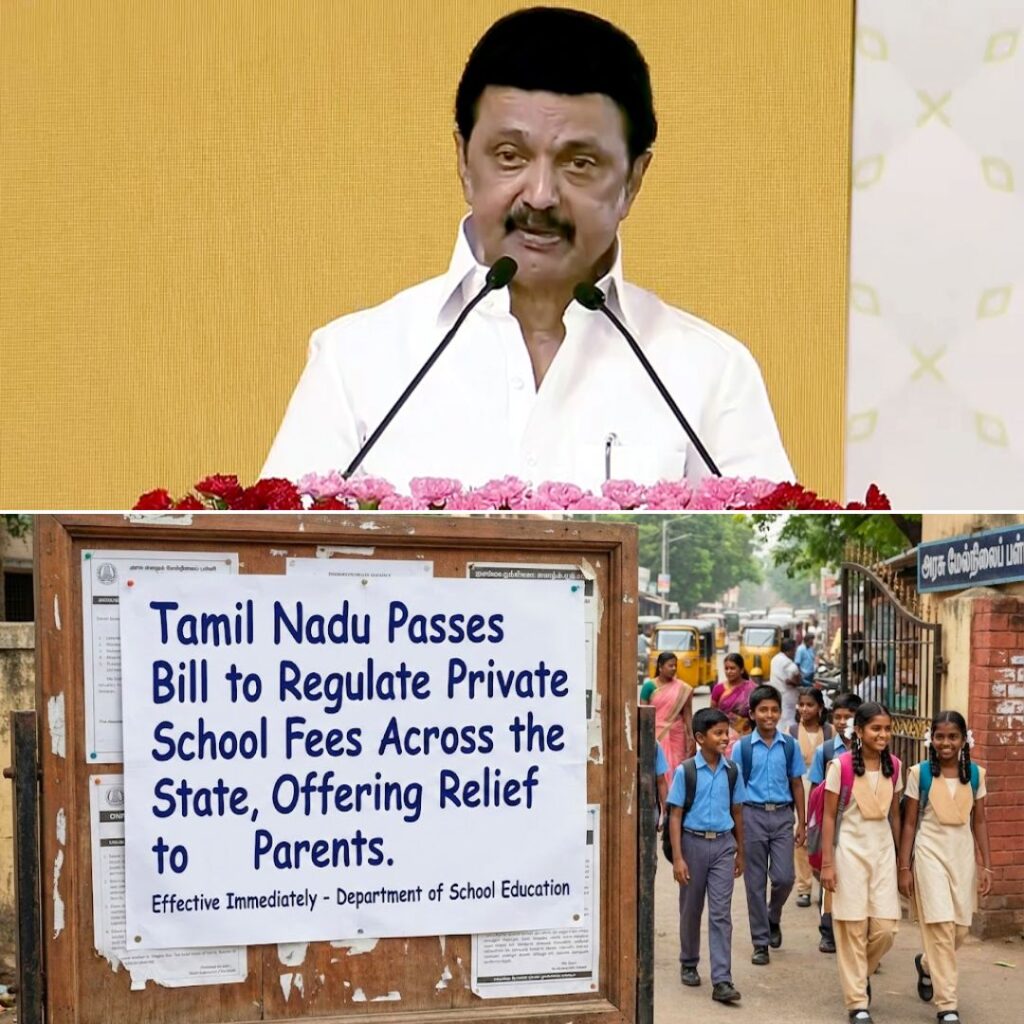India’s richest 1 per cent hold more than four-times the wealth held by 953 million people who constitute the bottom 70 per cent of the country’s population, a study released by Oxfam said on Monday, urging the country to switch to ‘inequality-busting policies.’
The study said that the combined wealth of 63 Indian billionaires is higher than the total Union Budget for the fiscal year 2018-19, which stood at Rs 24,42,200 crore.
Widening Income Inequality
Globally, 2,153 billionaires have more wealth than 60% of the world population.
‘The gap between rich and poor can’t be resolved without deliberate inequality-busting policies, and too few governments are committed to these,’ said Oxfam India CEO, Amitabh Behar.
According to Oxfam’s ‘Time to Care’ report, the 22 richest men in the world have more wealth than all the women in Africa.
The number of billionaires has doubled in the last decade, although their total combined wealth dropped last year.
Referring to the World Bank research, Oxfam said reducing inequality has a larger impact on lowering extreme poverty than economic growth. ‘If countries reduced income inequality by 1% each year, 100 million fewer people would be living in extreme poverty by 2030,’ said the report.
Even though poverty reduction has slowed or even reversed in some countries, 736 million people still lived in extreme poverty in 2015, more than half of whom are in Sub-Saharan Africa, the World Bank alarmed.
‘Concerns about inequality underlies recent social unrest in almost every continent, although it may be sparked by different tipping points such as corruption, constitutional breaches, or the rise in prices for basic goods and services,’ said the report.
Sexist Economies Are Affecting Women
The Oxfam report further claimed that ‘sexist economies’ were widening the inequality crisis by allowing the wealthy to accumulate more wealth at the cost of ordinary people, particularly poor women.
The report stated that a female domestic worker would require 22,277 years to earn equal to what a top executive of a technology company earns annually.
‘Our broken economies are lining the pockets of billionaires and big business at the expense of ordinary men and women. No wonder people are starting to question whether billionaires should even exist,’ said Behar.
Behar said that women are benefitting the least from the current economic scenario. Women contribute 3.26 billion hours of unpaid care work each and every day, which adds up to at least Rs 19 lakh crore a year to the Indian economy.
‘They spend billions of hours cooking, cleaning and caring for children and the elderly,’ said Behar.
‘Unpaid care work is the ‘hidden engine’ that keeps the wheels of our economies, businesses and societies moving. It is driven by women who often have little time to get an education, earn a decent living or have a say in how our societies are run, and who are therefore trapped at the bottom of the economy.’
‘Direct public investments in the care economy of 2% of GDP would create 11 million jobs and make up for the 11 million jobs lost in 2018,’ said the report.
Govts Under-Taxing The Rich
According to the report, the richest individuals and corporations are under-taxed and the governments are not able to collect revenues that could tackle poverty and inequality for women.
If the richest are taxed just 0.5% extra tax for the next 10 years, it would be sufficient to create an investment that would create 117 million jobs in education, health and childcare sectors.
Oxfam also called out the governments for poor funding in pivotal public services and infrastructure that could help bring down the workload of women and girls and improve their economic condition.
‘Governments must prioritise care as being as important as all other sectors in order to build more human economies that work for everyone, not just a fortunate few,’ said Behar.
Also Read: India’s Inequality: Country’s Richest 1% Grew Their Wealth By 39% In 2018, Says Oxfam Report











